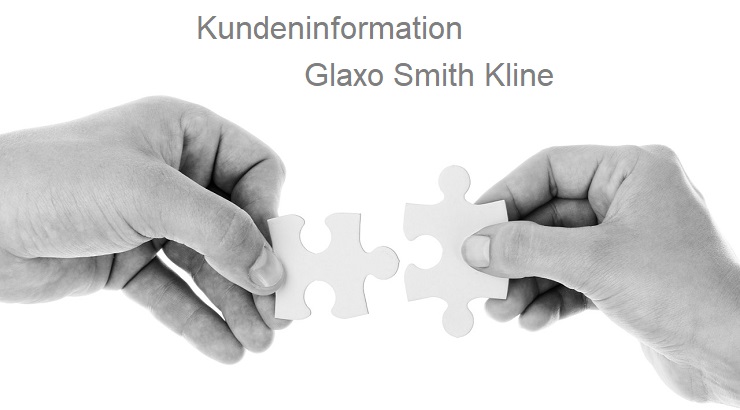GSK’s respiratory portfolio focuses on therapies for diseases characterised by high eosinophil levels or high T2 inflammation. GSK has successfully concluded the acquisition of Aiolos Bio in a deal that could reach $1.4bn, marking a significant expansion of GSK’s respiratory biologics portfolio. The agreement, signed last month, includes an upfront payment of $1bn and $400m in regulatory milestone payments.
The acquisition introduces AIO-001, a long-acting anti-thymic stromal lymphopoietin (TSLP) monoclonal antibody, into GSK’s pipeline. The antibody is ready to enter Phase II clinical development. It targets adults with asthma and has the potential for extended dosing intervals, possibly every six months, due to its extended half-life and high potency. AIO-001 operates by attaching to the TSLP ligand, a key player in asthma inflammation, to hinder its signalling pathway. The acquisition significantly benefits the estimated 40% of severe asthma patients who suffer from low Type 2 (T2) inflammation.
Visit our Privacy Policy for more information about our services, how we may use, process and share your personal data, including information of your rights in respect of your personal data and how you can unsubscribe from future marketing communications. Our services are intended for corporate subscribers and you warrant that the email address submitted is your corporate email address.
GSK’s commitment to respiratory diseases is further solidified with the addition of AIO-001, potentially redefining standard care for asthma patients. The company’s respiratory portfolio focuses on therapies for diseases characterised by high eosinophil levels or high T2 inflammation. The integration of AIO-001 into this portfolio could provide a new therapeutic option for patients with low T2 inflammation, a subset of the severe asthma population. GSK will also make success-based milestone payments and tiered royalty payments to Jiangsu Hengrui Pharmaceuticals.
Aiolos previously licensed development and marketing rights for AIO-001 from Hengrui for territories outside Greater China.
GSK chief scientific officer Tony Wood stated: “Given the limited treatment options for asthma patients with low T2 inflammation, we look forward to using our deep respiratory expertise to potentially offer a long-acting biologic to a broader portion of the 315 million patients living with asthma.”
The latest development comes after the company received the China National Medical Products Administration approval for Nucala (mepolizumab) as an add-on maintenance therapy for severe eosinophilic asthma in adults and adolescents aged 12 years and above.

